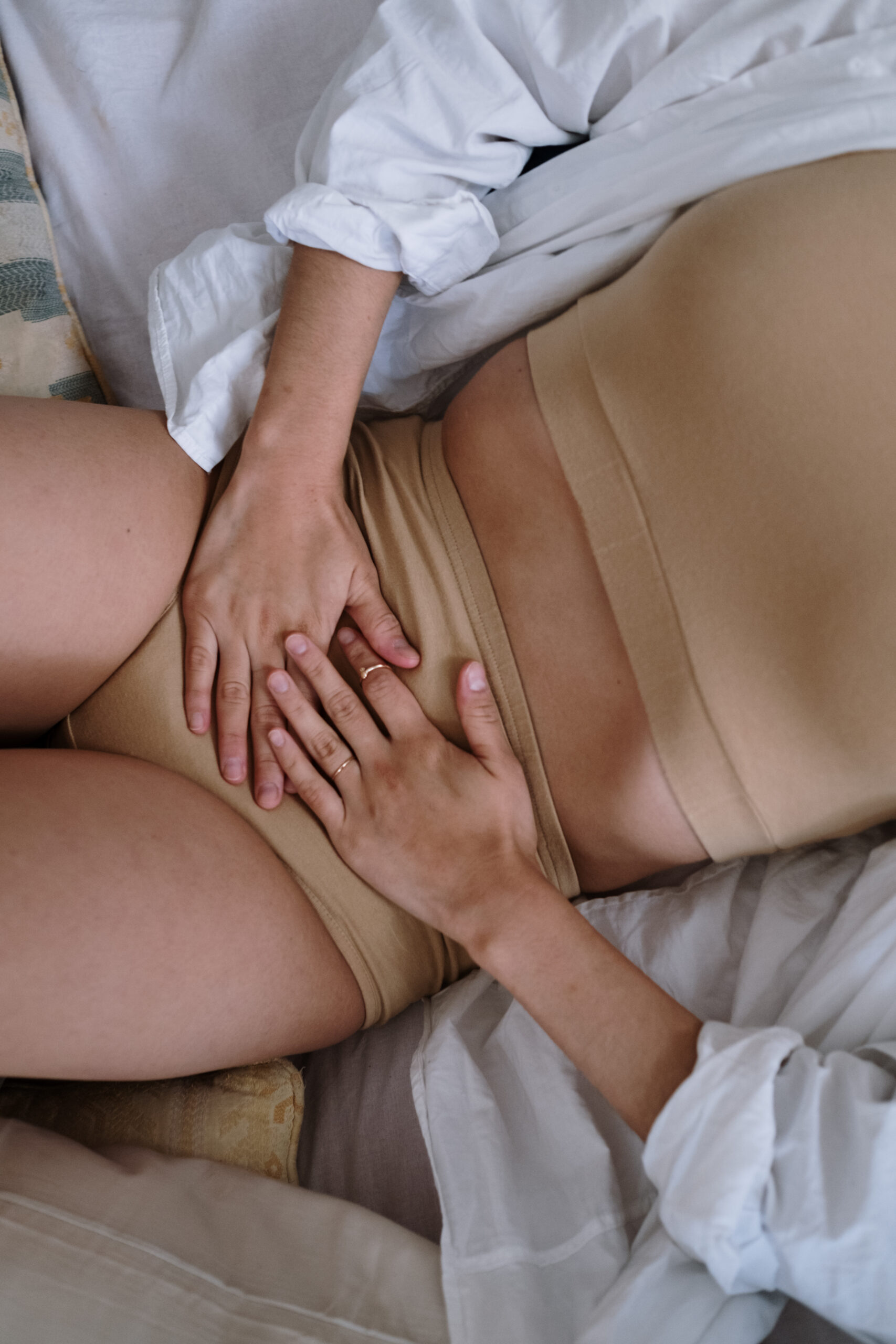Can GERD cause diarrhea?
Title: Can GERD Cause Diarrhea? Unpacking the Connection
Introduction:Gastroesophageal reflux disease, commonly known as GERD, is a chronic condition that affects millions of people worldwide. It occurs when the stomach acid flows back into the esophagus, causing a range of uncomfortable symptoms like heartburn, chest pain, and regurgitation. While these are the more well-known effects of GERD, it might come as a surprise that some individuals also experience diarrhea as a result. In this blog post, we will explore the connection between GERD and diarrhea, shedding light on why this happens and how to manage it effectively.
Understanding GERD:Before delving into the relationship between GERD and diarrhea, let’s briefly recap what GERD is. The lower esophageal sphincter (LES) is a muscular ring that separates the esophagus from the stomach, allowing food into the stomach while preventing stomach acid from flowing back into the esophagus. When the LES becomes weakened or relaxed, acid reflux occurs, leading to the characteristic symptoms of GERD.
GERD and Diarrhea: The Link:While acid reflux and heartburn are the primary symptoms of GERD, some individuals also experience diarrhea as an accompanying issue. Several theories exist as to why this happens:
1. Medication Side Effects: One possibility is that the medications used to treat GERD may cause diarrhea as a side effect. Proton pump inhibitors (PPIs), often prescribed for GERD, can alter the natural balance of gut bacteria, leading to an upset stomach and loose stools.
2. Irritated Intestines: The continuous backflow of stomach acid can irritate the intestines, leading to a condition called bile acid malabsorption. This can cause diarrhea, as the intestines struggle to properly absorb fats and other nutrients.
3. Increased Gastric Emptying: GERD can sometimes affect the speed at which food is emptied from the stomach. In some cases, this can lead to rapid movement through the intestines, resulting in diarrhea.
Managing GERD-Related Diarrhea:If you are experiencing diarrhea as a result of your GERD, there are several strategies you can employ to manage it effectively:
1. Speak to Your Doctor: It’s important to consult your healthcare provider about any new or worsening symptoms you experience. They can help determine the underlying cause of your diarrhea and recommend appropriate treatment options.
2. Reevaluate Medications: If you suspect that your GERD medication is contributing to your diarrhea, discuss alternative options with your doctor. They may suggest adjusting the dosage or switching to a different medication to alleviate your symptoms.
3. Adopt Dietary Changes: Making certain dietary modifications can help manage both GERD and diarrhea. Avoid triggering foods such as spicy or acidic substances, caffeine, alcohol, and fatty or fried foods. Focus on a diet rich in fiber, fruits, vegetables, and whole grains to regulate bowel movements.
4. Probiotics: Introducing probiotics into your daily routine may help restore balance to your gut bacteria and alleviate diarrhea. Consult your healthcare provider to determine the most suitable probiotic supplement for your needs.
Conclusion:While GERD primarily manifests as acid reflux and heartburn, it can sometimes be accompanied by diarrhea. Understanding the potential causes and implementing appropriate measures to manage this symptom is crucial for a better quality of life. Remember, seeking medical advice is essential to accurately diagnose and treat both GERD and diarrhea effectively. By working closely with your healthcare provider, you can find relief from these uncomfortable symptoms and regain control over your digestive health.



